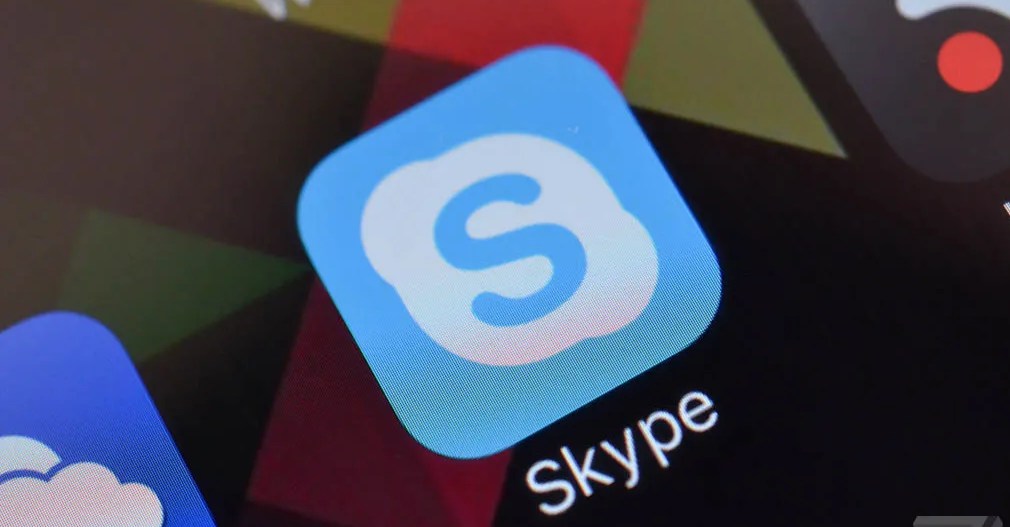The article reflects on the decline of Skype, highlighting its revolutionary role in communication and its eventual shutdown by Microsoft after nearly 14 years of ownership. Initially celebrated for its peer-to-peer technology, which allowed free and high-quality audio and video calls, Skype quickly became a cultural touchstone, even turning into a verb. At its peak in 2009, it boasted 405 million users and accounted for a significant portion of international call minutes.
However, as technology evolved, Skype struggled to adapt. The rise of mobile platforms and competition from services like Zoom, WhatsApp, and Teams diminished its relevance. Microsoft’s focus shifted towards enterprise solutions, neglecting consumer features and failing to innovate effectively. While the service saw a brief resurgence during the COVID-19 pandemic, it could not compete with Zoom as the preferred video chat app.
Ultimately, the article argues that Skype’s outdated technology and Microsoft’s mismanagement led to its decline. As the communication landscape transformed, Skype’s original vision of a unified communication system faded, leaving a fragmented environment dominated by specialized apps for messaging and video calls. The author expresses nostalgia for Skype and underscores its historical significance in shaping online communication, lamenting the loss of its pioneering spirit.
Source link


